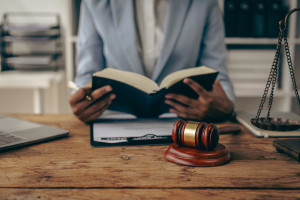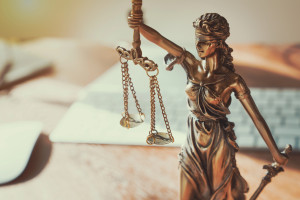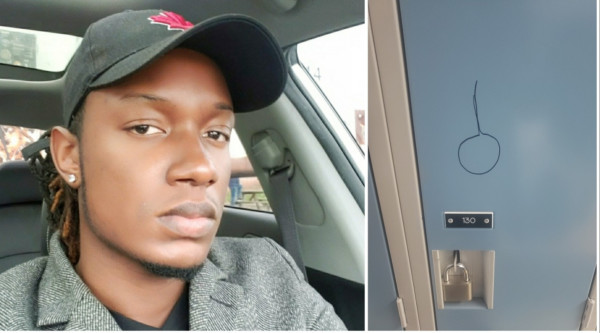In Canada, these are called examinations for discovery (or depositions as they are called in the United States). Although rarely as dramatic in real-life as they are depicted on television, examinations for discovery are one of the most important steps during the course of a lawsuit.
A discovery involves questioning of the parties to the lawsuit, namely the plaintiff, who is suing, and the defendant, who is being sued, by the opposing lawyers. Usually discoveries are conducted orally. In rare circumstances however, they may consist of a written exchange of questions and answers. In Ontario, they usually audiotaped, instead of videotaped.
Discoveries are held in a private office, rather than in court. Nonetheless, if you are examined, you will be required to swear an oath to tell the truth which means you can be criminally prosecuted if the answers you give are later found to be false. Further, a reporter will be present at the examination and will afterwards prepare a transcript. The transcript can be used at later stages in the proceeding. This means that it is very important to ensure that the answers you give are accurate. Your opponent may bring up any inaccuracies at trial and this could cause the judge to question your credibility.
There are several purposes to an examination for discovery. These are:
• to explore the evidence or testimony which will be presented at trial;
• to obtain admissions from the opposing party that may be useful to your case;
• to undermine the credibility of the opposing party if the testimony he or she gives at trial differs from his or her evidence at the examination;
• to assess the ability and competence as a witness of each party; and
• to define and narrow the issues in the lawsuit, possibly leading to settlement.
If you are examined for discovery, it is important to keep in mind that your answers will only be used against you by the other side. You cannot rely upon your own evidence given at discovery to prove your case. You should therefore be cautious at discovery to confine your answers to the questions asked by the other side, to keep your emotions in check, and to avoid giving more information than is required.
AFFIDAVIT OF DOCUMENTS
Prior to the discoveries, each side will prepare an affidavit of documents which is a book containing copies of all the documents relevant to the case. Much of the questioning at the discoveries will focus on these documents. You may be asked to explain what a particular document is and where it was obtained from.
TIME LIMITS
The length of discoveries is normally limited to seven hours. However, if the case falls under simplified procedure (ie. the amount of damages claimed is more than $25,000 but less than $100,000) the permitted time period is limited to two hours. No discoveries are held in Small Claims Court cases (where the damages claimed are less than $25,000).
UNDERTAKINGS
In many cases, you will not be immediately able to answer all of the questions which you are asked at discovery. You may also be asked to provide documents to the other side which you first need to find. In these circumstances, you or your lawyer may give an undertaking, which is a promise to provide information or documents at a later date.
If you give an undertaking but then fail to fulfil it, your opponent may bring a motion requesting that the Court order you to provide the information and documents covered by your undertaking. Further, you will not be allowed to use evidence at trial which you refused to provide at discovery or failed to provide in response to an undertaking. It is important therefore to be cautious in giving undertakings and to be conscientious in providing the information you have promised.
Examinations for discovery are a critically important, and therefore a highly stressful, step in the litigation process. If you are engaged in a lawsuit and have received a notice requiring you to attend discovery, please feel free to give us a call and discuss obtaining our services to prepare for and attend your own discovery and that of your opponent.










